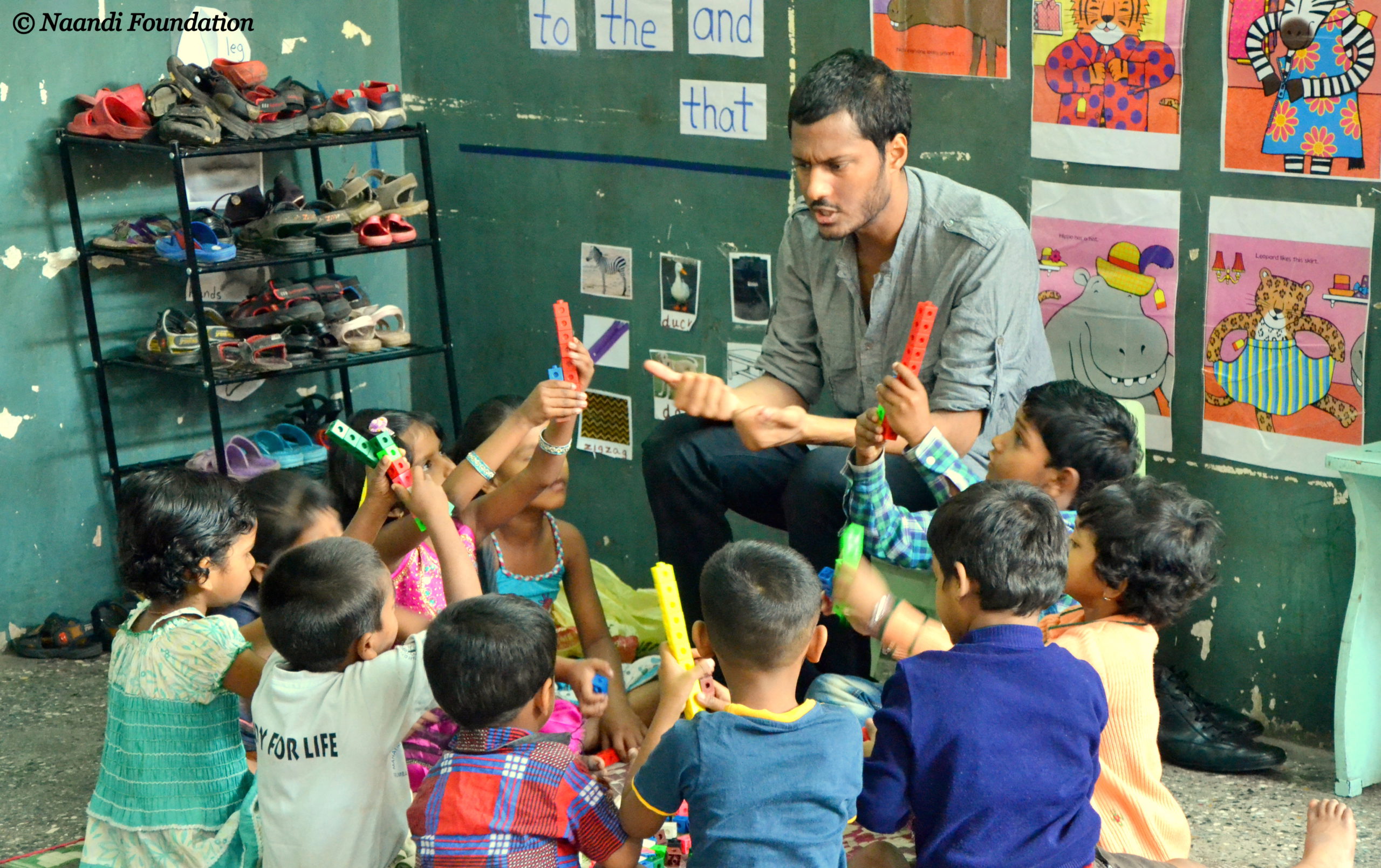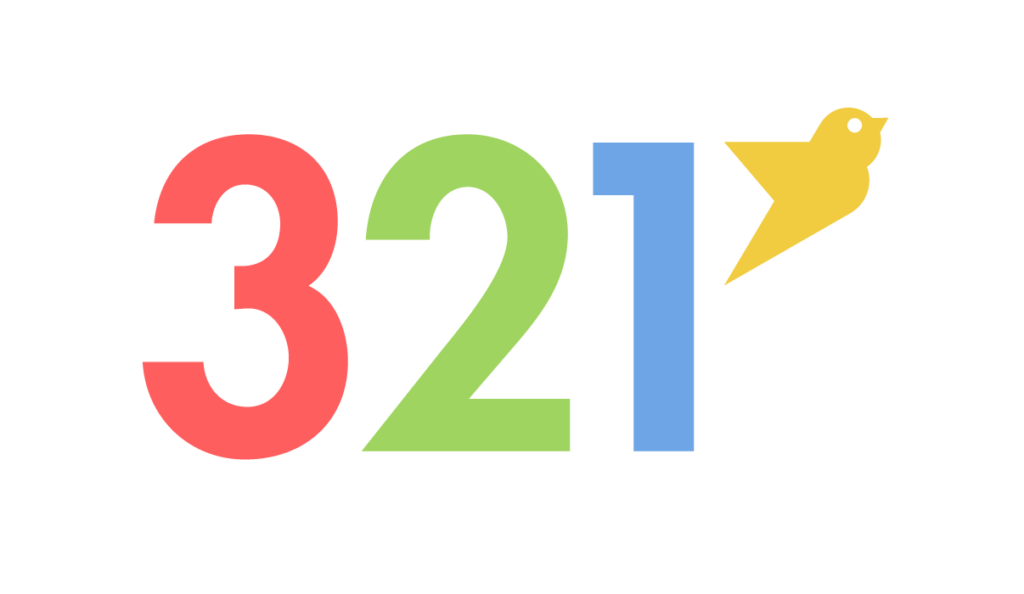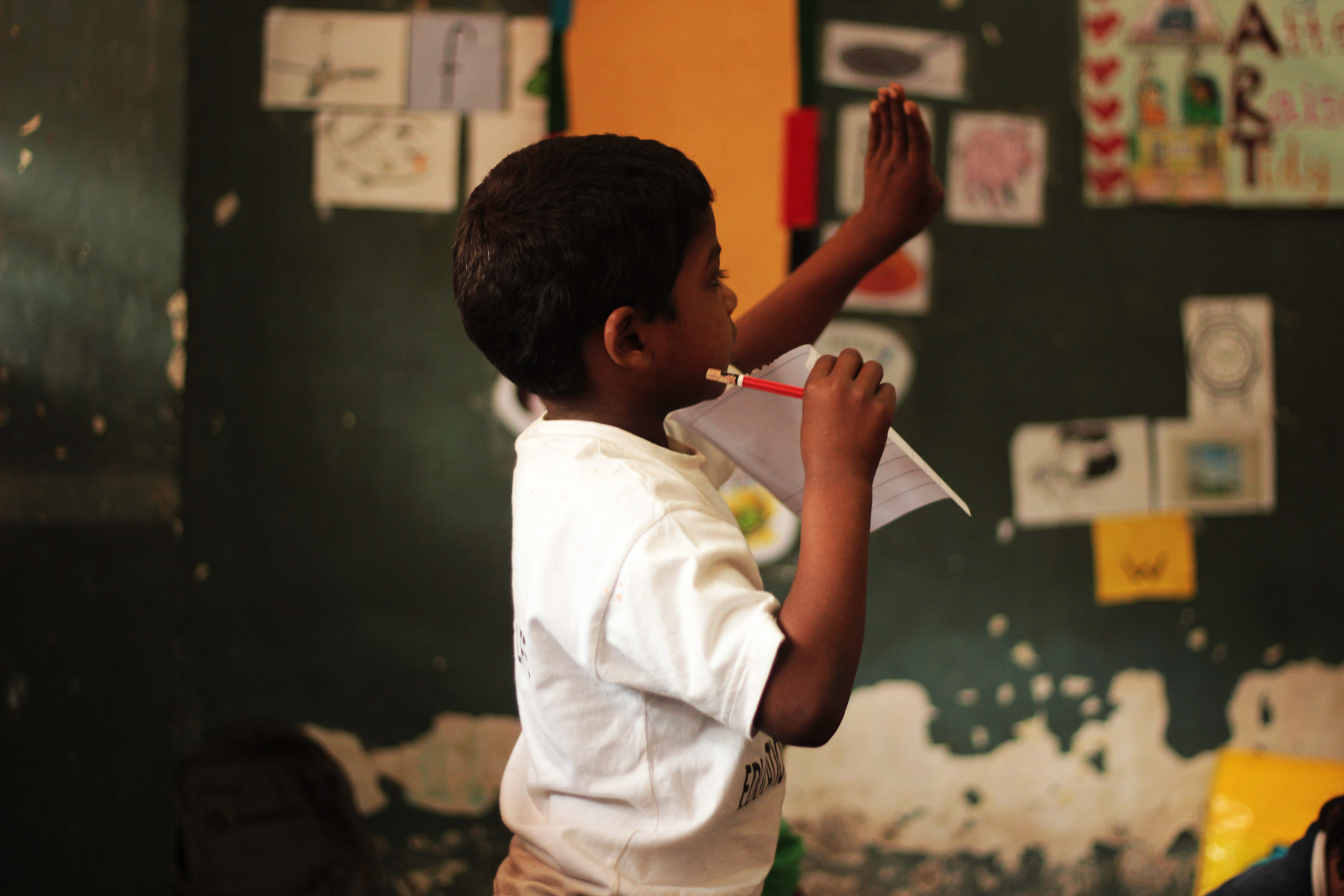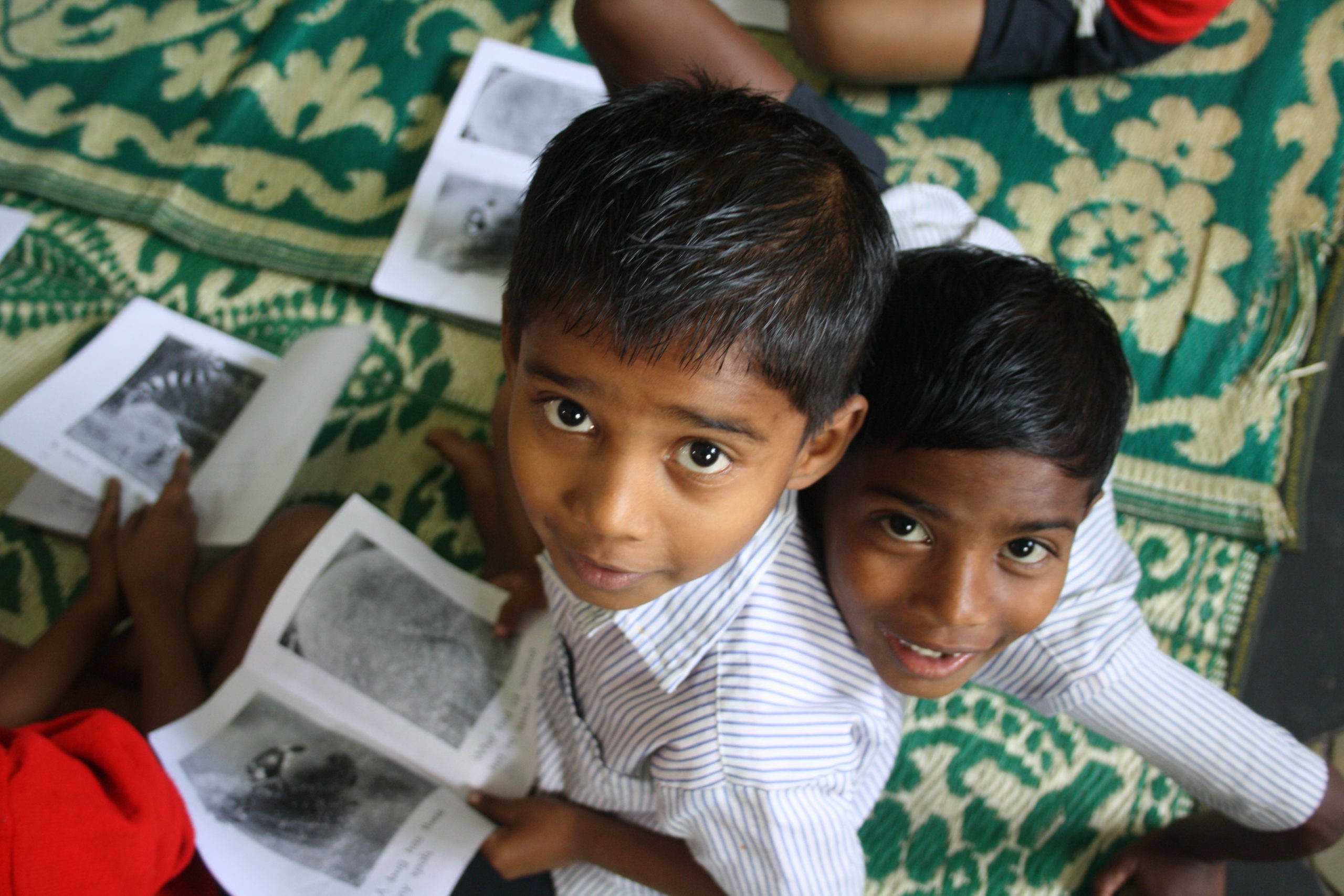About FLN
FLN refers to a child’s ability to read simple sentences with meaning and solve basic math problems by the end of Class 3. These are critical gateway skills that help children learn meaningfully in higher classes and help them acquire 21st Century skills like critical thinking and problem solving which are imperative to succeed in the long run.
Class 3 is considered the inflection point by which children are expected to ‘learn to read’ so that they can ‘read to learn’ after that. Those who fail to attain these basic literacy and numeracy skills find it difficult to catch up in later years and risk dropping out of school.
The National Education Policy (NEP) 2020 accords the highest highest priority to achieving foundational literacy and numeracy among all children by 2025. The policy states that the rest of the policy will be relevant for students only if they attain basic literacy and numeracy skills at the right age. The NEP further advocates the launch of an urgent mission at the national level on Foundational Literacy and Numeracy.
According to ASER 2018, 72.8% children cannot read a simple class 2-level text, while 71.9% children cannot do a basic subtraction problem by Class 3. NIPUN Bharat — the name given to the national mission on FLN — is expected to launch soon and is the only way to ensure that the learning poverty in India decreases.
Today’s primary school students will join India’s workforce in 2030, and the successful implementation of NIPUN Bharat has the potential to make India an economic powerhouse. The future of our children and India’s ambition of maximising its demographic dividend depend on whether children can read with comprehension by the end of Class 3.
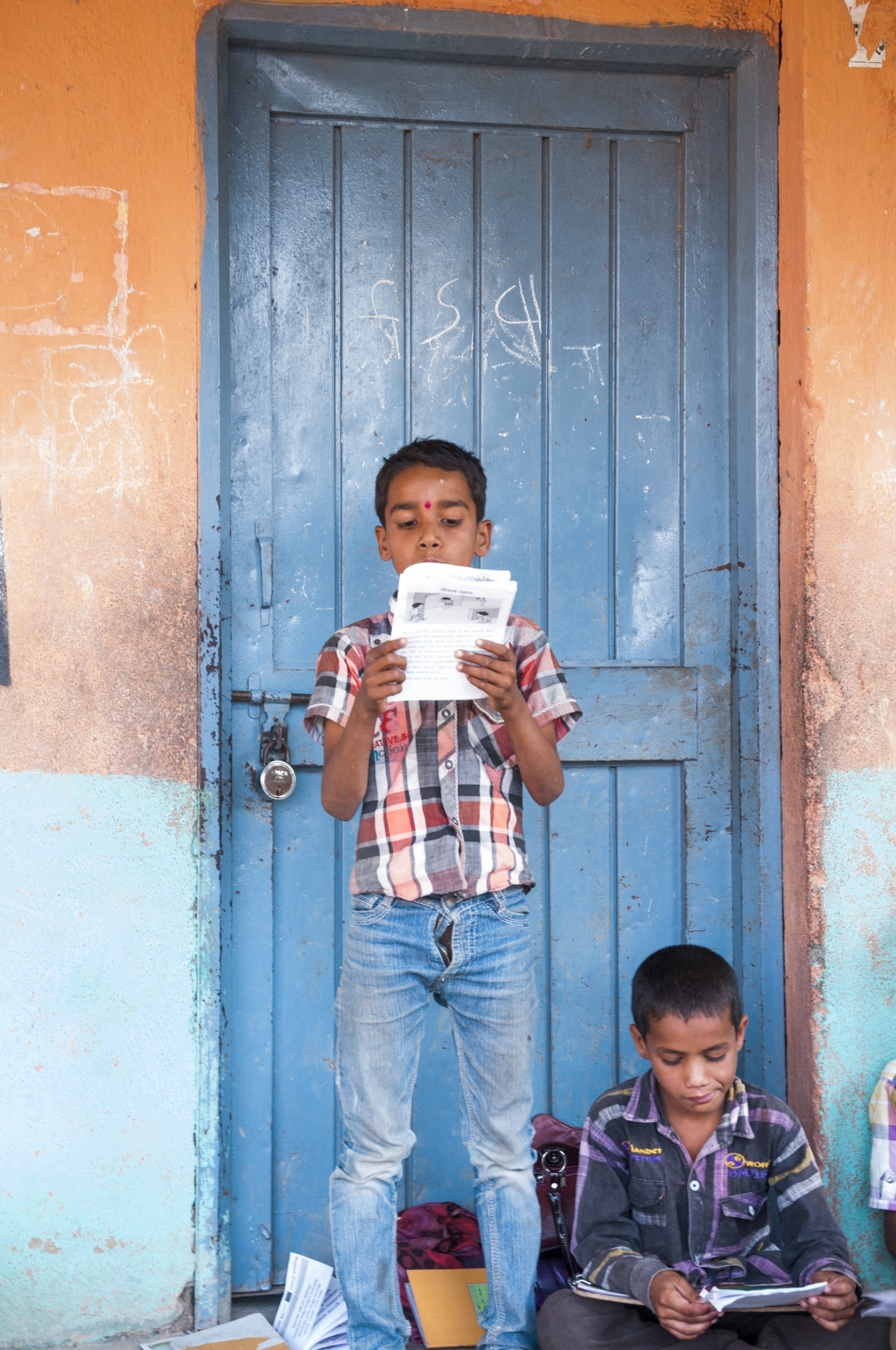
Why does FLN matter?
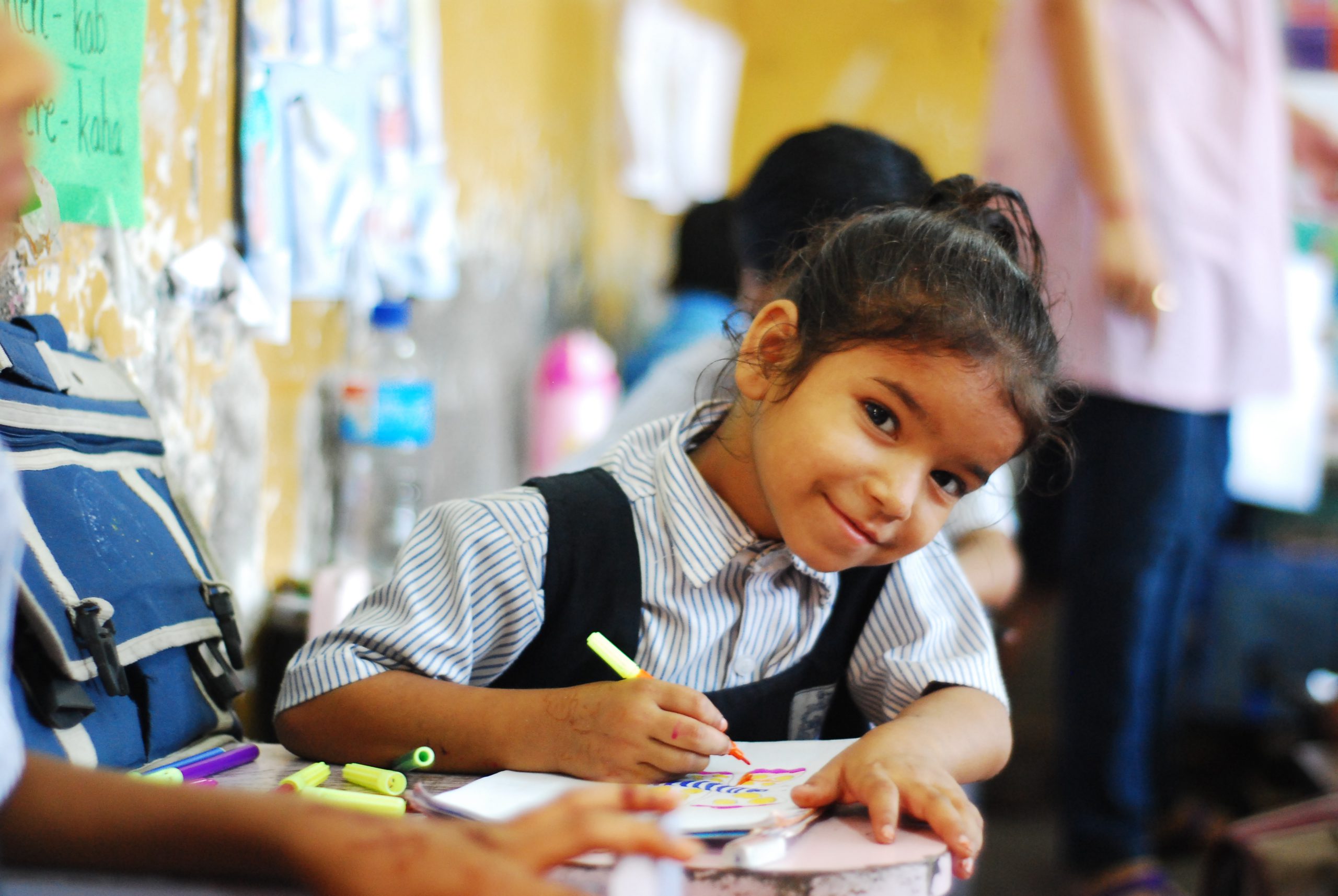
Class 3 is considered the inflection point by which children are expected to ‘learn to read’ so that they can ‘read to learn’ after that

FLN skills enable children to learn more meaningfully in higher classes and acquire 21st Century skills like problem-solving and critical thinking
Those who fail to attain these basic literacy and numeracy skills find it difficult to catch up in later years and risk dropping out of school
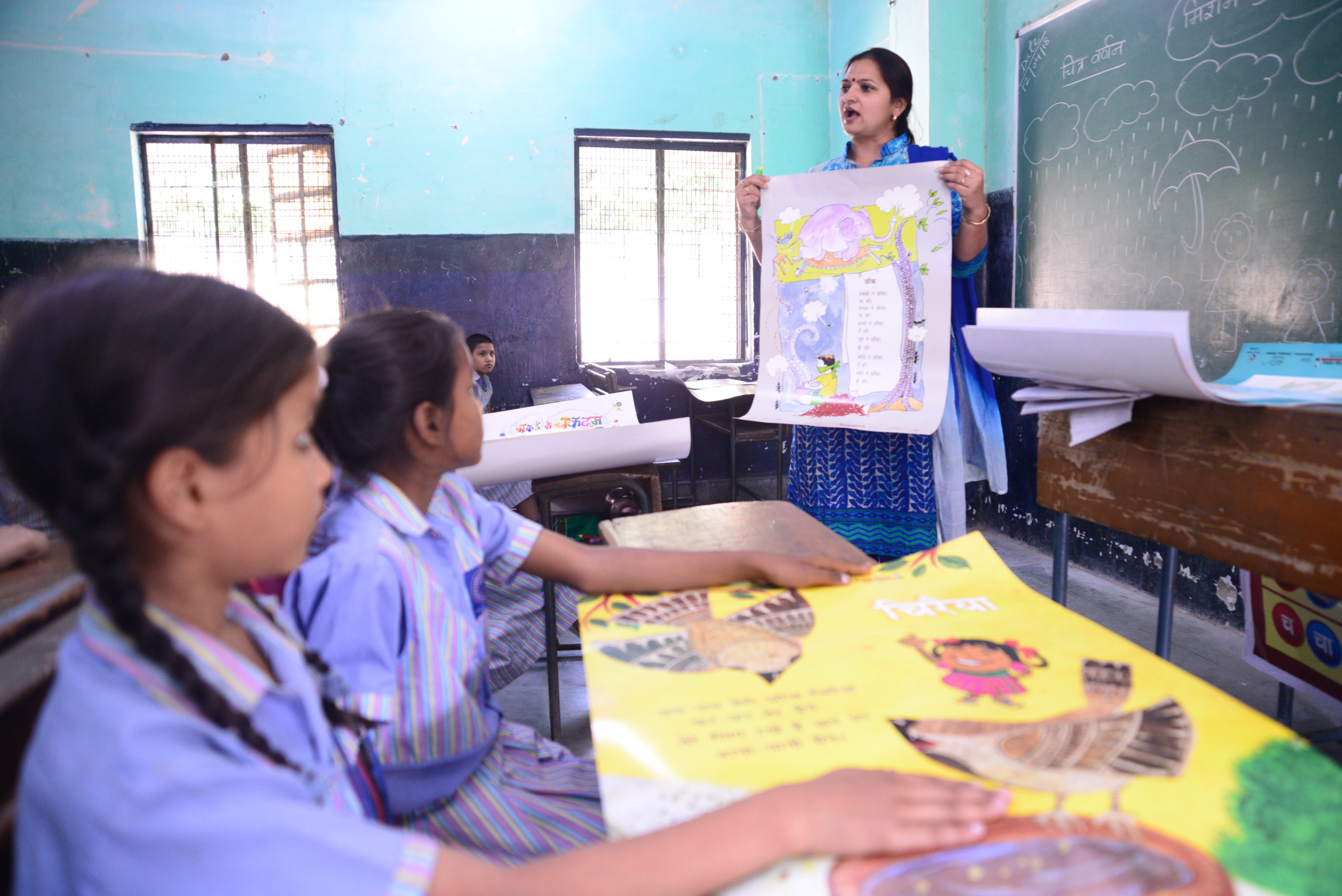
The future of our children and India’s ambition of maximising its demographic dividend depend on whether children attain these basic reading and maths skills by Class 3
